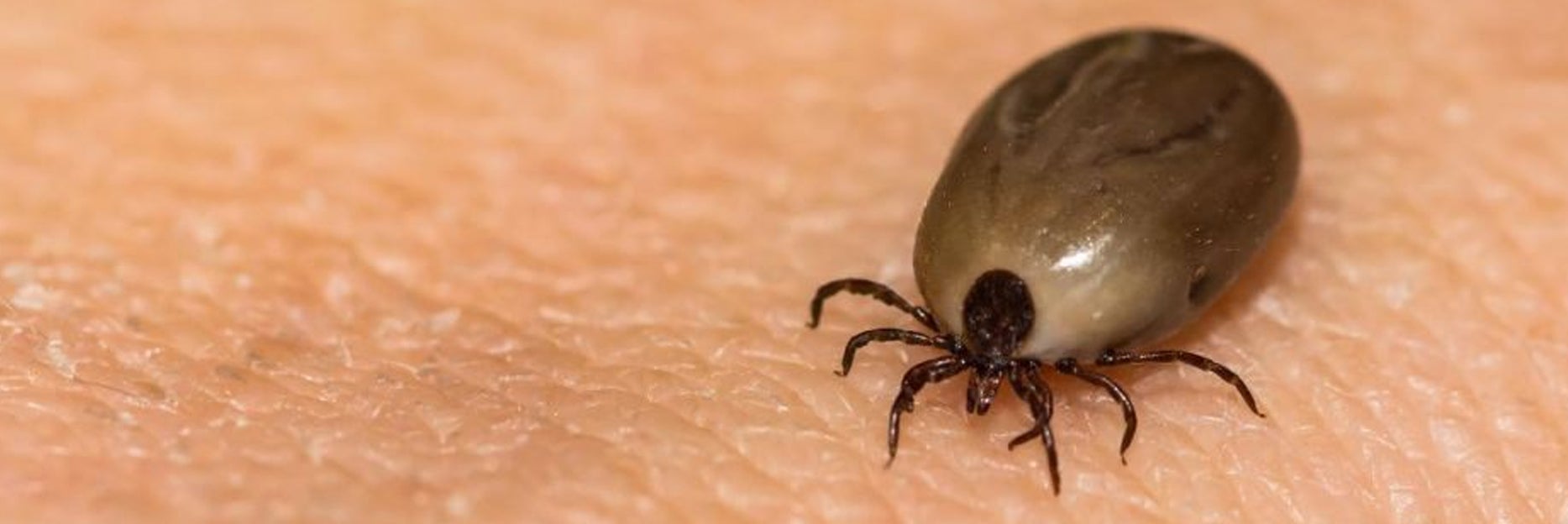Working Towards an Environmental and Economic Solution
The Center for Infectious Disease Vector Research (CIDVR), established in 2005 by Entomologist and Biochemist Alexander Raikhel as part of the UCR Institute for Integrative Genome Biology (IIGB), incorporates the most rapidly developing areas of biological research, such as genomics, proteomics, bioinformatics and systems-based approaches, into vector biology.
CDVR contains world-class scientists from the following units:
Biomedical Sciences
Botany and Plant Sciences
Molecular, Cell and Systems Biology
Computer Science & Engineering
Electrical & Computer Engineering
Entomology
Nematology
Statistics
Microbiology & Plant Pathology
Physics and Astronomy
Under current Director, Karine Le Roch, researchers collaborate across disciplines to find new approaches to control the spread of infectious diseases in general and those vectored by arthropods in particular. Infectious diseases are the leading cause of mortality and morbidity worldwide. Emerging or reemerging infectious agents such as HIV and Ebola, have increased significantly in the last 50 years, largely because of increase human population, the development of antibiotic resistance, climate change, rapid globalization and modern air travel. Vector-borne diseases continually threaten global health issues. Indeed malaria, dengue fever, yellow fever, West Nile or more recently Zika fever are diseases all transmitted by mosquitoes and cause a significant fraction of the global infectious disease burden in the world. Lyme and other tick-borne diseases are also serious public health problems, infecting tens of thousands in the U.S. each year. Other insect-vectored diseases such as Huanglongbing disease in citrus and the pierce’s disease of grapevine continually threaten agriculture, reduce agricultural productivity and disrupt ecosystems throughout the world. These infectious diseases induce significant effects on countries' economic outcomes; profoundly restrict socioeconomic status and development in countries with high rates of infection, many of which are located in the tropics and subtropics. Researchers in the CDVR are committed to develop research programs investigating mechanisms of pathogenesis, biological mechanisms of adaptation, disease transmission, and more importantly develop new tools to control these devastating diseases in an environmentally responsible and sustainable manner.

